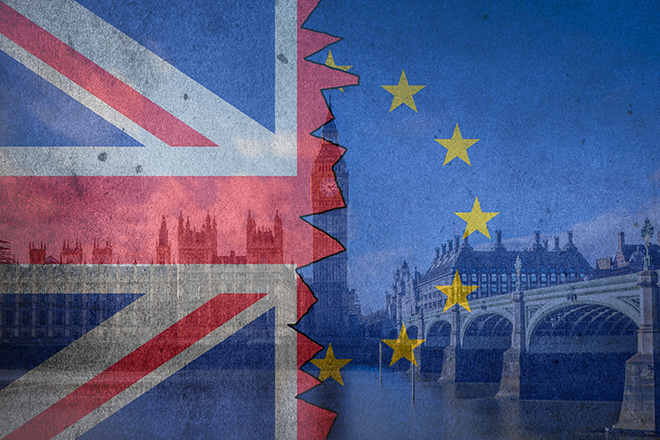Dominic Hopkins, head of disputes & litigation at Hewitsons, assesses where we are now in our ‘conscious uncoupling’ from the EU.

THE SUCCESS of the Conservative Party in December’s general election means we are heading towards the departure gate of the European Union. So, will we be waving our boarding pass, walking through the gate, embarking our plane and bidding farewell to the legal landscape we have come to know so well?
Not yet.
Assuming it passes into law, the European Union (Withdrawal Agreement) Act 2020 will not place the UK beyond the reach of EU law. There will be a time-limited implementation period likely until at least December 31, buying the EU and the UK time to chart a future. There are very few certainties and considerable complexity to be worked through.

Meanwhile, the UK will remain in the legal departure lounge with an ambiguous status for a while yet. For some, there are echoes of the film The Terminal, in which Tom Hanks plays an Eastern European man who becomes stuck in New York’s John F Kennedy Airport terminal when he is denied entry into the USA and at the same time is unable to return to his native country because of a military coup.
EU rules and regulations will continue to apply in the UK after the scheduled departure date and although the direct jurisdiction of the European Court of Justice was due to end in the UK at the close of January, the existing EU mechanisms for supervision and enforcement will continue to apply and the supremacy of CJEU decisions will be preserved through the implementation period.
The job of ‘uncoupling’ the UK from the EU is a highly technical exercise – unprecedented in its legal complexity – so the time we have in the departure lounge is going to be essential.

